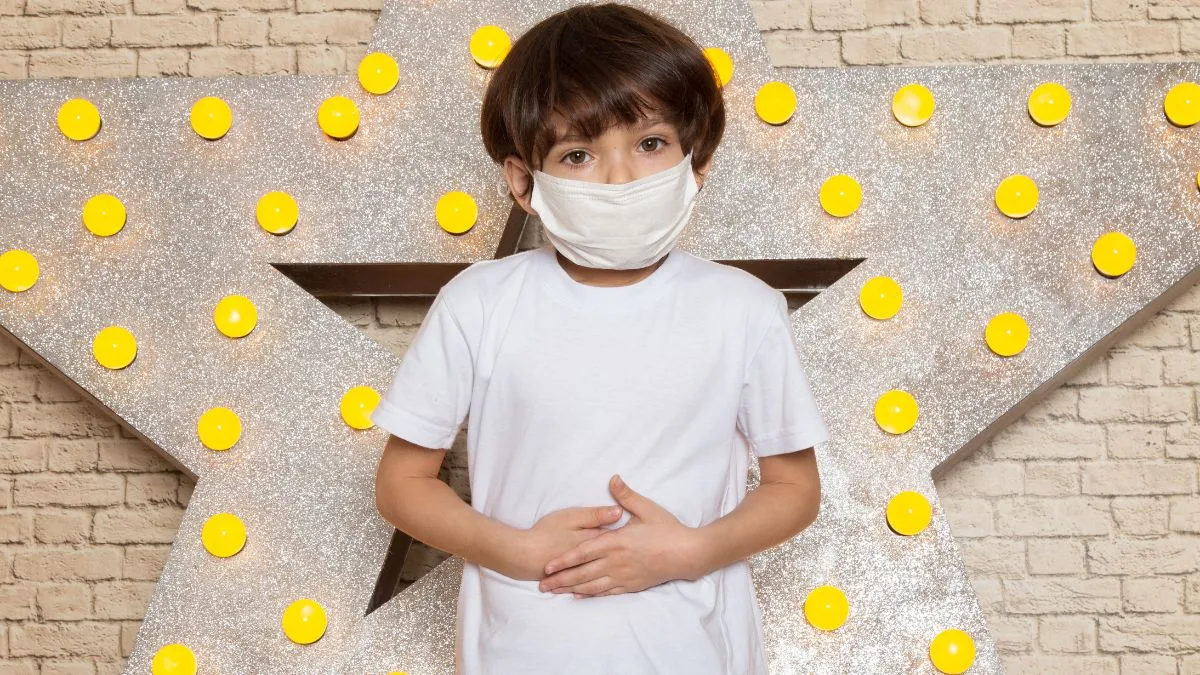
As parents, you do everything you can to keep your child safe. From being mindful of what they eat to teaching them good hygiene habits, especially during the monsoon when infections are more common. Yet despite your best efforts, some illnesses still find a way in. Hepatitis A is one of them.
Table of Content:-
"This highly contagious virus spreads through contaminated food, water, and surfaces. Children are often exposed in ways that aren’t always visible or within your control. From school washrooms to playground water bottles, there are many everyday moments where risk can creep in unnoticed. And while you can manage what your child eats at home, it’s much harder to control what happens in group settings," shares Dr. M Surendranath, HOD, Dept. of Pediatrics, Vijay Marie Hospital, Hyderabad; President, Academy of Pediatrics Telangana State; Fellowship in allergy and clinical immunology.
4 Reasons Why Hepatitis A Prevention is Important for Kids
Here are 4 reasons why you should speak to your child’s doctor about Hepatitis A prevention:
Hepatitis and its complications
Hepatitis A is a liver infection and is particularly common among children. While many children may show no symptoms at all, some may develop signs like fever, fatigue, nausea, stomach pain, dark-coloured urine, and yellowing of the eyes and skin (jaundice). Most children can recover within a few weeks or months, but in some cases the illness can last longer.
Though very rare, hepatitis A can also lead to severe complications such as acute liver failure. A hospital-based study in India has shown a rise in acute liver failure cases among children linked to hepatitis A, underscoring a shift in the disease pattern and the need for timely protection.
Home cooked food, drinking boiled water, and maintaining good hygiene helps lower the risk of Hep A. Additionally, vaccination by stimulating the immune system can provide protection against this disease and its potentially serious outcomes.
Also Read: Hepatitis And Cancer, Connecting The Dots Between Viral Infection And Liver Cancer
Silent transmission in shared spaces
Hepatitis A is tricky. The incubation period is typically two to four weeks, and during that time, children can spread the virus to others even before showing any symptoms or sometimes without getting sick at all. Classrooms, toilets, shared water bottles, or just unwashed hands at lunchtime can all become sources of transmission. This “invisible” transmission can spark community-wide outbreaks.
Good hand hygiene such as washing their hands thoroughly with soap and water, and vaccination among children can help curb this silent spread and prevent a potential outbreak, particularly in shared spaces like schools and day-care centres.
Future risk as children grow up
There is evidence to show that natural immunity from early childhood exposure declines as we age and in many parts of India, older children and teens are becoming more vulnerable to this disease and are more likely to experience its severe complications, often requiring hospitalisation.
Also Read: Hepatitis B Vaccine: Who Should Get It And When Is The Right Time?
Vaccination for hepatitis for kids can offer long-term protection, safeguarding children well into their adolescence and adulthood, when the disease tends to hit harder.
Burden on families
When a child is sick, it doesn’t just affect the child but can impact the entire household. Since there’s no specific treatment for Hepatitis A, management focuses on supportive care. Recovery from symptoms following infection can be slow and take several weeks or even months. During this time, children often miss school, families may face emotional strain, and parents may need to take time off work to care for them.
Proper sanitation and vaccination can be the proactive steps that can help reduce the burden on families by potentially preventing the infection in the first place and sparing families the stress that comes with managing a preventable disease.
Remember, Hepatitis A may not always make headlines, but it quietly returns each year. And while you can’t control every environment your child enters, you can take steps to reduce their risk of falling sick. If your child is over 1 year of age, ask your paediatrician about Hepatitis A vaccination and take timely action.
Also watch this video
How we keep this article up to date:
We work with experts and keep a close eye on the latest in health and wellness. Whenever there is a new research or helpful information, we update our articles with accurate and useful advice.
Current Version